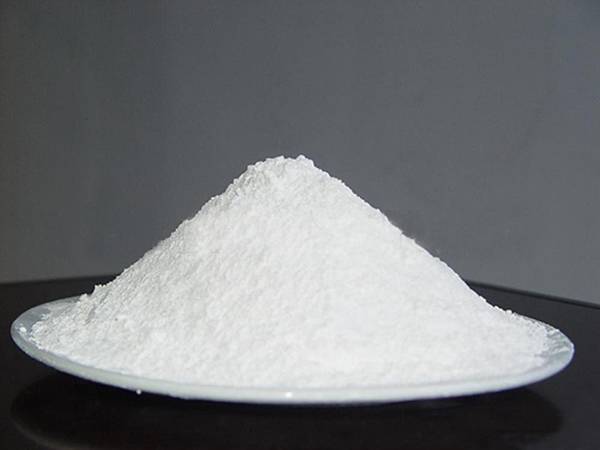



Essential Chemicals for Efficient Municipal Water Treatment Processes
Municipal Water Treatment Chemicals Ensuring Clean and Safe Drinking Water
Water is an essential resource for life, and its quality is paramount for public health. Municipal water treatment facilities play a crucial role in ensuring that water is safe for consumption by employing a variety of chemicals in the treatment process. These chemicals help remove contaminants, disinfect water, and provide essential minerals, ensuring that the water meets safety standards set by health authorities.
The Importance of Water Treatment
Municipal water treatment is necessary for several reasons. Firstly, it removes impurities, including biological contaminants like bacteria, viruses, and parasites, as well as chemical pollutants such as heavy metals and agricultural runoff. Secondly, it regulates pH levels and enhances the taste and odor of water, making it more palatable for consumers. Lastly, effective treatment protects public health by preventing waterborne diseases, which can have serious health implications.
Common Chemicals Used in Water Treatment
Municipal water treatment relies on a range of chemicals, each serving a specific purpose
1. Coagulants Coagulation is the process that helps to remove suspended particles from water. Common coagulants include aluminum sulfate (alum) and ferric chloride. These substances cause fine particulates to clump together, forming larger particles called flocs that can be removed in subsequent filtration stages.
2. Disinfectants After the coagulation and filtration processes, disinfection is essential to eliminate any remaining pathogens. Chlorine is the most widely used disinfectant due to its effectiveness and cost-efficiency. Alternatives like ozone and ultraviolet (UV) light are also commonly used, mainly in situations where chlorine might impart undesirable tastes or odors.
municipal water treatment chemicals

3. pH Adjusters The pH level of water is critical for both treatment and taste. Chemicals such as sodium hydroxide or sulfuric acid can be added to adjust the pH to a neutral level, ensuring optimal chemical reactions during treatment and preventing corrosion of pipes in the distribution system.
4. Fluoridation Agents Many municipalities add fluoride to water to help reduce dental cavities in the population. Sodium fluoride and hydrofluorosilicic acid are common fluoridation agents that, when added in controlled amounts, can significantly benefit public health.
5. Corrosion Inhibitors To protect aging infrastructure and enhance water quality, corrosion inhibitors like zinc orthophosphate are used. These chemicals form a protective layer on the pipes, reducing the leaching of heavy metals like lead and copper into the drinking water.
6. Algaecides and Herbicides In the case of surface water sources, controlling algae growth is crucial. Chemicals such as copper sulfate are often utilized to prevent algal blooms that can produce toxins harmful to human health.
Regulations and Safety Measures
The use of chemicals in municipal water treatment is heavily regulated to ensure safety and efficacy. Regulatory bodies, such as the Environmental Protection Agency (EPA) in the United States, set stringent guidelines regarding the types and amounts of chemicals that can be used. Municipal water systems are required to monitor water quality regularly, conducting tests not only for pathogens but also for chemical residues to ensure that they comply with safety standards.
Conclusion
The role of chemicals in municipal water treatment cannot be overstated. They are vital for removing contaminants, disinfecting water, and enhancing its quality and safety. As technology evolves and new challenges arise in water treatment, municipalities must continue to adapt their practices, exploring innovative solutions and sustainable chemicals that meet the needs of their communities. By ensuring safe drinking water, municipalities help safeguard public health, fostering a healthier society and a more sustainable future. The ongoing commitment to improving water treatment processes underscores the significance of clean water as a fundamental human right. Through proper use of water treatment chemicals, we can collectively work to achieve that goal.
-
Why Sodium Persulfate Is Everywhere NowNewsJul.07,2025
-
Why Polyacrylamide Is in High DemandNewsJul.07,2025
-
Understanding Paint Chemicals and Their ApplicationsNewsJul.07,2025
-
Smart Use Of Mining ChemicalsNewsJul.07,2025
-
Practical Uses of Potassium MonopersulfateNewsJul.07,2025
-
Agrochemicals In Real FarmingNewsJul.07,2025
-
Sodium Chlorite Hot UsesNewsJul.01,2025










